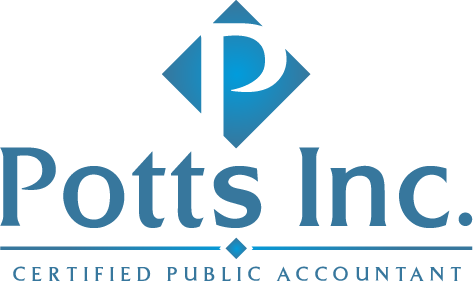The pandemic has brought about events and issues that employers had not needed to consider just a year ago. There are many liabilities that employers may be exposed to if the proper due diligence is not completed.

Employees working in a state other than their regular office location could bring about issues with state requirements regarding breaks. When employees are working remotely, employers do not have the ability to control required break times as they do when employees are working in the office. Additionally, if an employee claims that an employer failed to provide and/or pay for all required meal breaks or did not allow them, this will make employers vulnerable to employment lawsuits. In order to combat this, employers should assure they have proper time tracking software in place creating a clock-in and out time-stamp record. Employers should also ensure that employees are compensated for all hours worked. It is also important for managers to set forth clear expectations with employees, conduct regular check-ins, address any issues in a timely manner, and continue clear communication.

The pandemic created unprecedented stimulus relief and the Families First Coronavirus Response Act (FFCRA). For the first time ever, this act imposed a federal paid sick time mandate through December 31, 2020. This Act makes employees of covered employers (certain public employers and private employers with fewer than 500 employees) eligible for:
- Two weeks (up to 80 hours) of paid sick leave at the employee’s regular rate of pay if the employee is unable to work because he or she is quarantined either by government mandate and/or experiencing COVID-19 symptoms and seeking a medical diagnosis; or
- Two weeks (up to 80 hours) of paid sick leave at two-thirds the employee’s regular rate of pay because the employee is unable to work because of a need to care for an individual subject to quarantine, or to care for a child (under 18 years of age) where the school or child care provider is closed or unavailable for reasons related to COVID-19, and/or the employee is experiencing a similar condition as specified by the Secretary of Health and Human Services, in consultation with the Secretaries of the Treasury and Labor; and
- Up to an additional 10 weeks of paid expanded family and medical leave at two-thirds of the employee’s regular rate of pay if the employee has been employed for at least 30 calendar days, is unable to work due to a need for leave to care for a child whose school or child care provider is closed or unavailable for reasons related to COVID-19.
If you are a small business with fewer than 50 employees may qualify for exemption from the requirement to provide leave due to school closings or child care unavailability if the leave requirements jeopardize the viability of the business as a going concern.

The additional leave act and difficulty in assuring employees are being paid for all hours worked creates more issues for business owners. Contact Potts & Company to help you keep an accurate track of your employees and paid hours as well as navigating the FFCRA.

